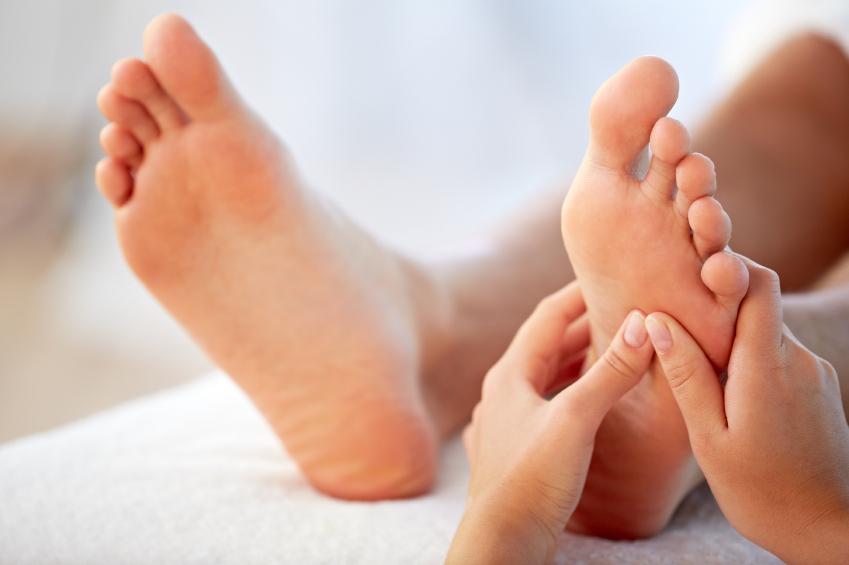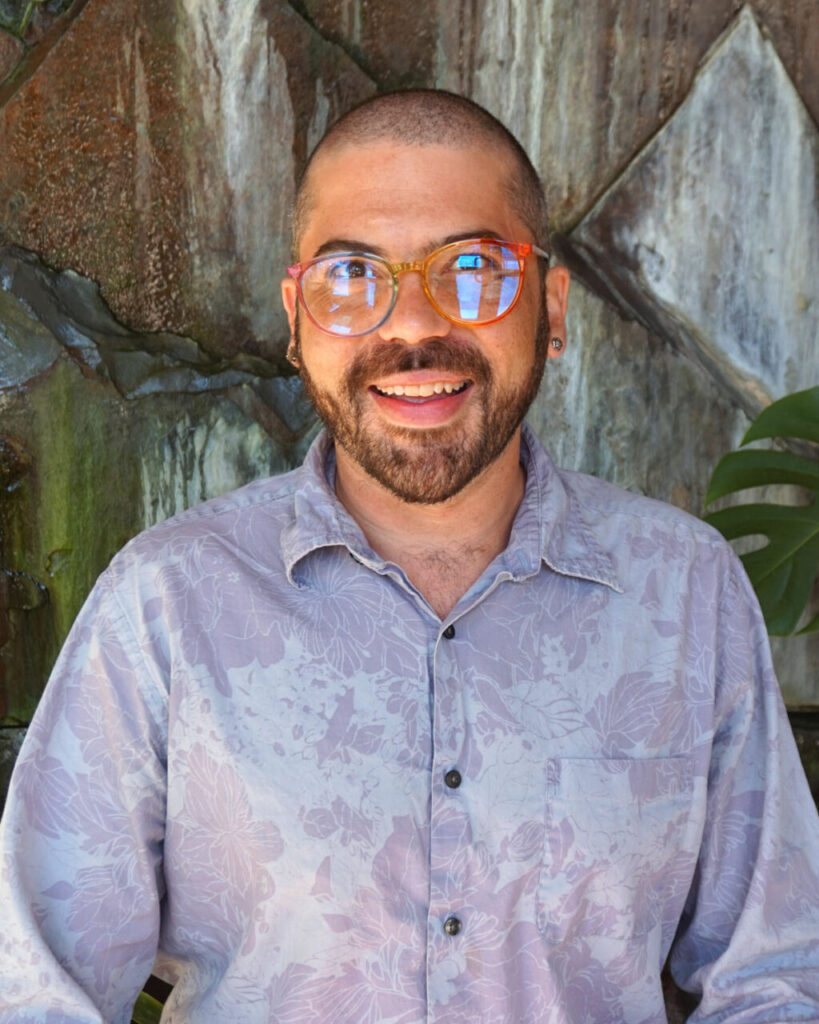What is Reflexology?
Reflexology is based on the idea that a map of the entire body is reflected on specific reflex areas on the feet, hands and ears. Reflexes are a reaction that occurs when a stimulus is applied to a specific place. Applying pressure to specific “reflexes” can move energy, reduce pain and promote healing in different parts of the body. Reflexology is similar but different from acupressure. Acupressure works on specific pressure points along meridians in the body. Reflexology is applied to specific areas of the feet, hands or ears, to promote healing through each zone. The main zones are head/neck, thoracic, abdominal, and pelvic.
Reflexology is reported to be effective in reducing tension and stress throughout the body by initiating the relaxation response through the nervous system. Reflexology helps the body to find homeostasis by promoting balance and a state of harmony between the body, mind and emotions.
The most common form of reflexology is foot reflexology. The stimulation of reflex areas in the foot triggers a response in corresponding organs, promoting healing in that area of the body. The feet can be gateways to deep, immediate relaxation allowing blood flow and nutrients to the local and distant zones that are stimulated.
What to expect
You will be fully dressed, on a massage table with your bare feet resting on a pillow. Using an acupressure-like “thumb walk” technique, I will work on your feet, hands and ears (or just feet) with castor and therapeutic grade essential oils. The pressure is firm but not ever painful. The treatment is custom to your current goals using the synergy of reflexology techniques aided by the topical benefit of high-grade essential oils. You are free to nod off or stay awake and chat.
You can choose just feet or a combination of all three (feet, hands, and ears) to receive reflexology. My reflexology sessions are soothing, relaxing and nourishing. Many reflexology clients report feeling a deep sense of relaxation that they are not normally able to access. And it is not uncommon for clients to report a stellar night’s sleep after receiving a treatment.
What Does Reflexology Address?
- Anxiety/Depression
- Emotional Pain
- Generalized Physical Pain
- Offsets Peripheral Neuropathy
- Stress
- Fatigue
- Plantar Fasciitis Symptoms
- PMS Symptoms
- Digestive imbalances such as constipation, nausea or colic
- Neck Discomfort
- Back Discomfort
- Sinus Issues
- Sleep Disturbances
- Increase Energy and a Sense of Groundedness
Benefits of Reflexology
- Stress reduction, profound relaxation, for all parts of the body.
- Pain reduction and pain elimination, such as in the neck, shoulders, lower back and jaw.
- Improved circulation resulting in better oxygen and nutrient supply to all the cells of the body.
- Detoxification
- Improved organ and gland function.
- Increased range of motion.
- Feeling better, greater productivity, enriched quality of life.
- Normalization of body functions.
- Prevention by reducing accumulated stress in the body before health challenges develop.
- Safe, nurturing touch.
Reflexology does not treat specific conditions and is not a substitute for medical treatment and care. Reflexologists do not diagnose based on the treatment provided.
